time:matters

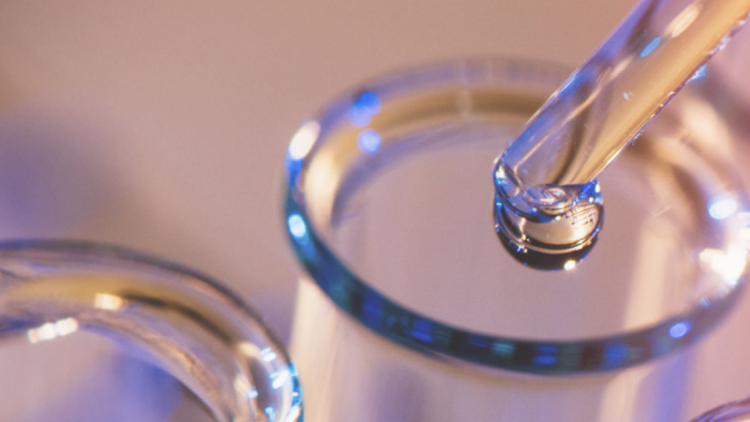
STEM CELL
Customized Logistic Solutions For iPSC-Derived Hepatocytes
The Project
A France-based biomedical company required a secure and dependable solution for the transatlantic transport of their very fragile engineered iPSC-derived hepatocytes to Canada.
Owing to their sensitive nature, transporting these cells was not feasible using conventional methods such as cryopreservation or similar. They would have to be kept at the optimal incubation conditions of 37°C and 5% CO₂ during the transport.
December 2022
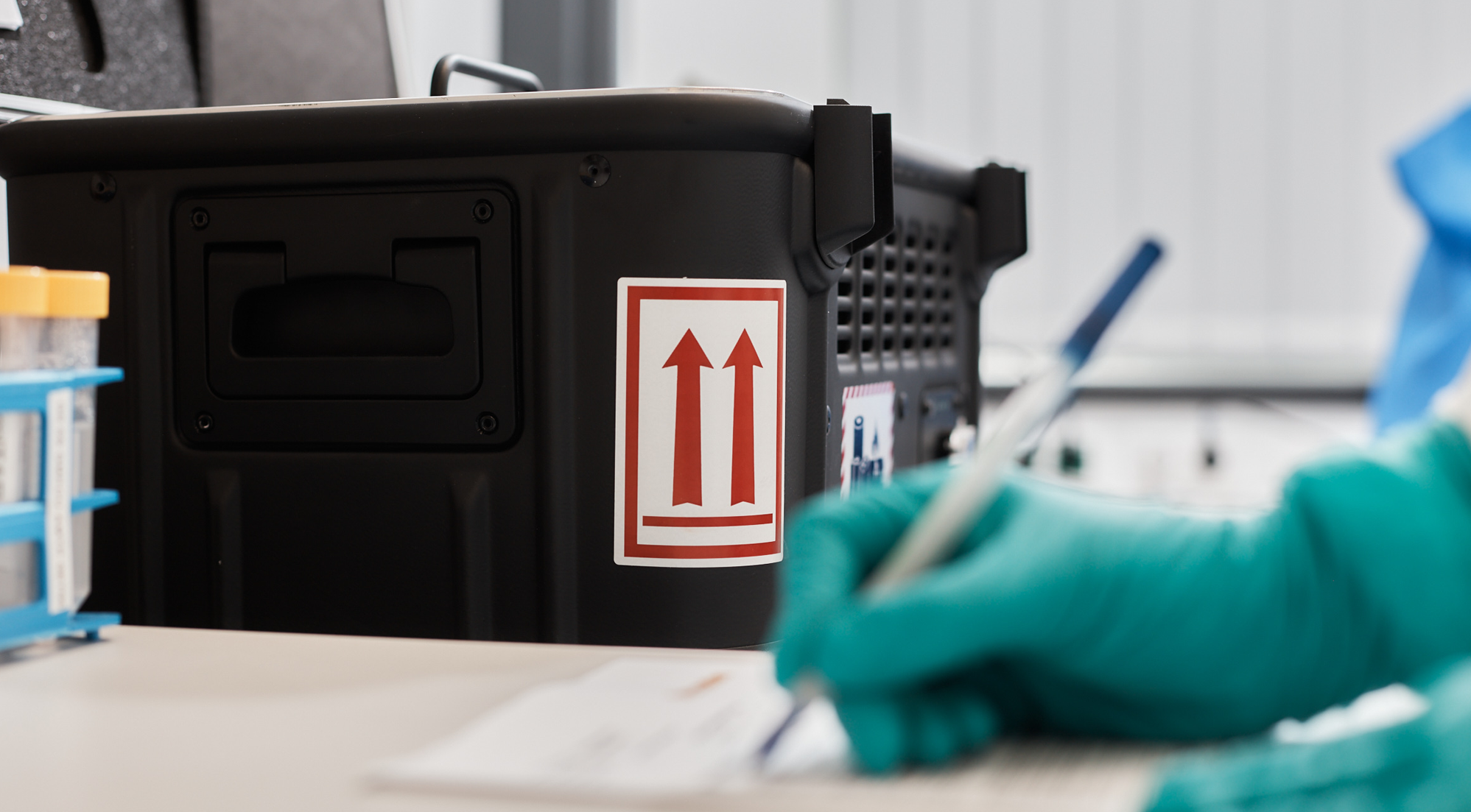
As part of the mission to proffer solutions to customer needs, time:matters collaborated with Cellbox Solutions, using their innovati¬ve active portable CO2 incubator to ensure strict temperature and CO2 conditions during the entire transport.
The Challenges
The transport of living cells is particulary challenging - with the box in sight I can always check the cells status and take actions if needed.
- To ensure secure transatlantic delivery of sensitive biological cells from FRA to CAN
- Guarentee end-to-end maintenance of optimal incubation conditions
- Deliver the cargo within a 24h timeframe
Transport Solution
Living cells must be transported as sensitively and safely as possible. To ensure optimum safety, the cells were transported to their destination by On Board Courier.
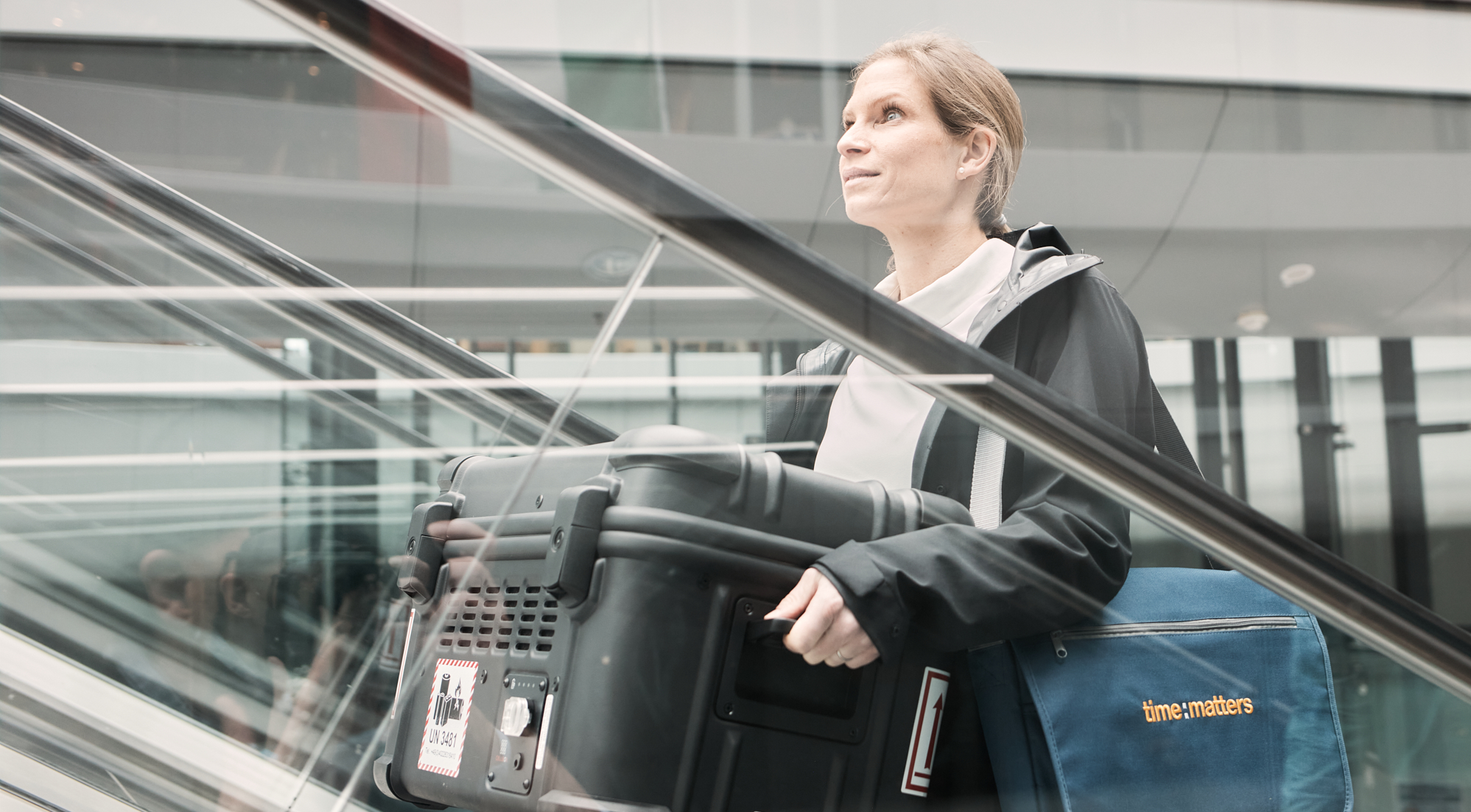
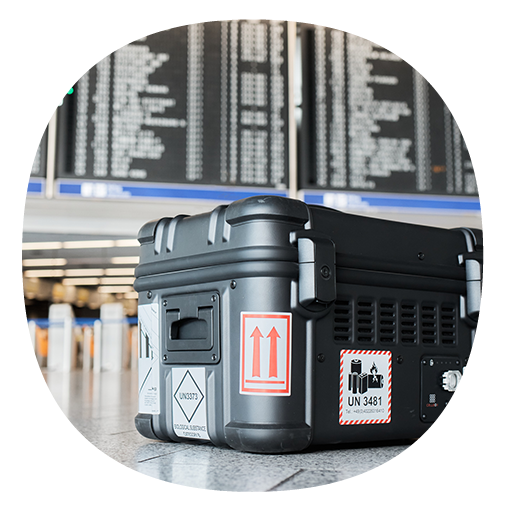
The handling of the sensitive cells must be particularly careful - challenging due to customs, security and the permanent monitoring of the box data. time:matters presented the hand carry option as the solution to deliver the cells in less than 24h and with a hypercare approach.
All critical milestones like pickup, security checks, flight and customs cleared were tracked by the courier along with the critical vitals of the Cellbox™. With the incubator always in sight the courier hand-carried the important cells and was always able to take actions if needed.
The Result
Within 16 hours the iPSC-derived hepatocytes living cells made their way from France to Canada. The lab confirmed the successful transport - 91% viability of cells in the batch transported vs. 96% for the batch kept in France.
The transported cells had a 91% viability - the batch of cells which kept in France was by 96% viability.

